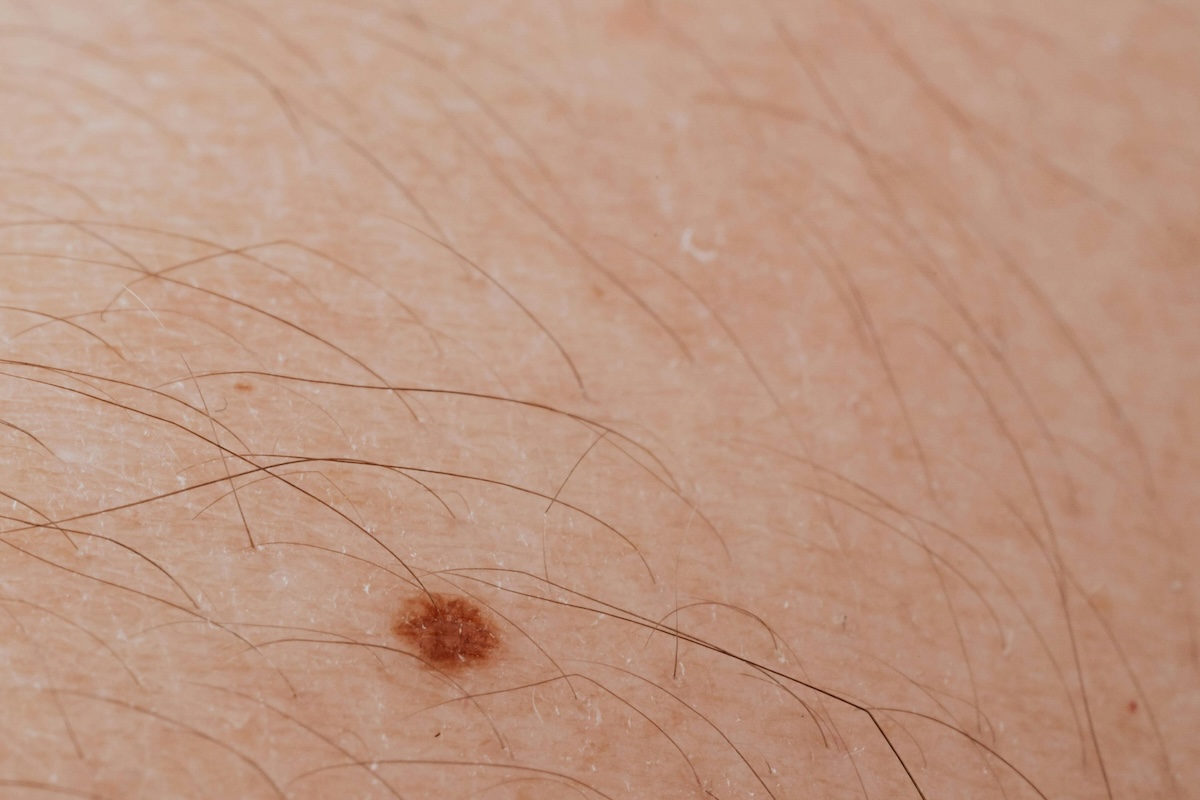Are there any holistic or alternative treatment options for PCOS or irregular hormones? I spent years on birth control, but I believe this shut my hormones down. Is there any data to support the use of essential oils or other natural methods? Wondering if there is a way to address the root cause rather than just manage symptoms.
—Anonymous
This is one of the questions I am asked by my patients with polycystic ovary syndrome (PCOS) more than any other. Unfortunately, we do not currently understand what causes PCOS. As a result, we cannot treat the root cause. PCOS is a syndrome — a constellation of symptoms that often occur together for which we don’t know the cause.

What we are left to do, then, is manage symptoms. Birth control pills are one way to do that. Birth control pills decrease the symptoms of high testosterone, such as acne and body hair growth, and prevent the overgrowth of the uterine lining that occurs in some women who do not have regular periods.
Supplements claiming to balance hormone levels often contain inositol. Inositol is a naturally occurring sugar alcohol that improves insulin sensitivity — it acts a little bit like metformin in the body. The evidence for inositol — in particular two forms of inositol, myo-inositol and D-chiro-inositol — for treating PCOS is mixed. But D-chiro-inositol may help regulate ovulation, which in turn would lead to more regular periods. Inositol is not better at treating PCOS than metformin, though it may cause fewer gastrointestinal side effects.
Sage tea has been shown to reduce inflammation in female rats with PCOS. It is unclear what effect it might have on PCOS symptoms such as irregular periods in humans. Essential oils is another common question I get, but there is no evidence supporting the use of essential oils to manage the symptoms of PCOS.
Ultimately, the best evidence for managing PCOS is to treat the symptoms that most bother you and to reduce your risk for long-term health problems based on your particular risk profile using some combination of hormonal contraception, metformin, and androgen-blocking medications such as spironolactone.
Community Guidelines
















Log in